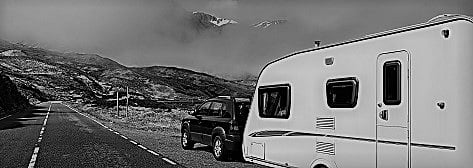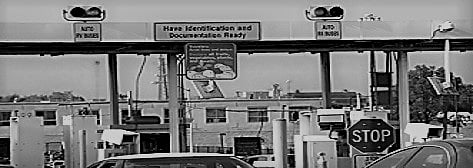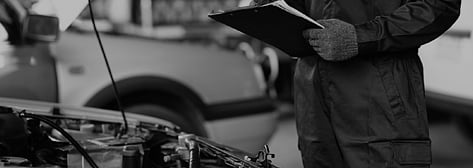Tips when travelling with a trailer or caravan in tow
articles
Driving on South African roads can be a daunting experience, now add a caravan or trailer to the mix and your risk from a safety and security perspective, doubles. It’s therefore vital that you are extra-vigilant when travelling with one in tow.
Ensuring compatibility between your vehicle and the trailer or caravan you’re towing, and adjusting your driving habits to allow for the extra length and load, are key to safe travelling.
These tips will help you prepare for a safe journey with a trailer or caravan in tow:
- It’s your obligation, as the driver, to make sure your trailer or caravan towing does not contravene any road traffic legislation as this would result in both the vehicle and the trailer or caravan being deemed un-roadworthy. Since legislation may be different if you cross the border, check that you comply with the relevant laws.
- When it comes to safety, checking that you haven’t overloaded is absolutely critical. There are numerous checks you should do, including: consulting the owner’s manual of your vehicle to check towing weight capability, the weight that the trailer hitch and mount can manage and, the gross trailer weight i.e. how much it will weigh when loaded.
- Ensure that all the necessary components are in place and that they are in good working order. These components include: the tongue, the hitch, the coupler, safety chains and brake and lights systems.
- Vehicles most suited for towing are those that are heavier than the caravan or trailer attached as this allows for quick and safe passing manoeuvres. With vehicle design becoming increasingly focused on smaller and lighter cars, weight and size have become even more significant, so check that you don’t exceed your manufacturer's towing recommendations.
- Things to consider include: the ability to avoid sudden stops, using a lower gear when going downhill, braking long before turning, increasing your following distance, remaining at a moderate speed to minimise sway and avoiding braking when the roads are slippery.
- Driving with a trailer or caravan generally requires increased concentration so the less you need to split your concentration, the better. For example, you can give extra focus to the road conditions and what’s going on around you if you don’t have to worry about changing gears. If you’re driving a manual car, something to consider is the amount of time spent in each gear. For example, the acceleration rate of a vehicle is significantly reduced when taking off with a load attached so it’s advisable to stay in each gear a bit longer before shifting to a higher one. Because of the added weight and length, overtaking requires more forethought. Things to consider are: sufficiency of space and time, turning your indicators on well in advance, avoiding overtaking on uneven road surfaces, uphill slopes are not conducive and, when overtaking large vehicles, like trucks, aerodynamics play a role as you’ll be pulled towards the vehicle when overtaking. Once you’ve finished, you may be pulled in the opposite direction.
- There are a number of things to remember before making a turn, including: taking wider than usual turns, overshooting your turns i.e. ensuring that the turn is wide enough to avoid taking you off the road or colliding with telephone poles or other objects on the side of the road, the trailer or caravan’s wheels are going to be far further inward of a turn than the towing vehicle’s and, remain calm if you do start a turn too tight. In this case, check that the road behind is clear and then reverse a little before starting your turn again.
- Slow and steady are key to a safe manoeuvre. A few guiding tips include: keeping the vehicle and caravan or trailer in a straight line when you begin reversing, and then, reversing slowly while turning the vehicle in the direction opposite to the one you want the trailer to turn.
- If you’ve bought a new vehicle with a tow bar already fitted, check its capabilities before attaching your caravan or trailer, as many vehicles are only fitted with tow bars designed for small trailers. When choosing a tow bar, ensure it matches the loaded weight of the caravan or trailer.
- In addition to the accident risk posed by a trailer or caravan, theft is also a concern since they are fairly easy to steal.
With this in mind, it’s important to insure your caravan or trailer as well as their contents.




